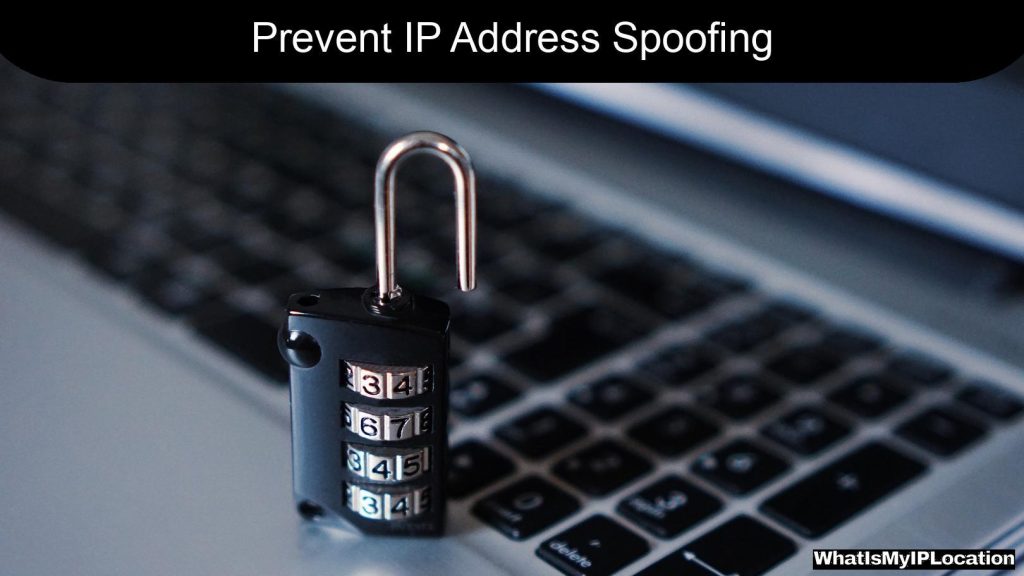Top VPN uses include safeguarding personal data from prying eyes and enabling access to geo-restricted content seamlessly. This combination enhances online privacy and security while providing a more open internet experience.
In today’s digital world, privacy and security are more important than ever. With so much of our lives happening online, protecting our information has become a top priority. That’s where VPNs come into play. They’re like a shield for your data, helping you stay safe while you browse. Let’s dive into what VPNs do, why you might want one, and how they can make your online experience better.
What is a VPN?
A VPN, or Virtual Private Network, is a tool that connects your device to the internet through a secure server. It masks your IP address and encrypts your data, making it harder for prying eyes to see what you’re up to. Imagine a secure tunnel that keeps all your online activities private.
Why Use a VPN?
People turn to VPNs for several reasons. Here are a few of the most common uses:
1. Protecting Your Privacy
With so many people browsing the internet these days, your online privacy is at risk. Hackers, advertisers, and even your ISP can see what you’re doing online. A VPN keeps your activities private. When you use a VPN, your real IP address is hidden, making it tough for others to track your browsing habits.
2. Enhancing Security
Whether you’re at home or using public Wi-Fi, a VPN adds an extra layer of security. Public Wi-Fi networks can be a breeding ground for cybercriminals. When you connect to those networks, your data can be intercepted. With a VPN, your internet connection is encrypted, making it much harder for anyone to steal your information.
3. Bypassing Geo-Restrictions
Ever tried to watch a show only to find out it’s not available in your country? That’s where VPNs shine. They allow you to change your virtual location by connecting to servers in different countries. This means you can access content that might be restricted in your area, like streaming services, websites, or games.
4. Safe Torrenting
If you like to download files, you know that torrenting can sometimes be risky. Using a VPN while torrenting helps protect your identity. It hides your IP address from others sharing files, keeping your downloads safe and secure. Plus, most top-tier VPNs don’t log your activity, so you can download with peace of mind.
5. Secure Remote Work
With more people working from home, having a VPN is crucial for remote work. It ensures that all your work-related data stays private and secure. Whether you’re accessing sensitive files, sending emails, or managing company accounts, a VPN keeps everything locked down.
Key Features to Look for in a VPN
When you’re choosing a VPN, keep these features in mind:
Speed
A good VPN shouldn’t slow you down. Look for one with high-speed servers that can handle streaming and large downloads without a hitch.
Server Locations
A VPN with plenty of server locations gives you more options for bypassing geo-restrictions. More servers mean you can connect from different countries, enabling access to a wider range of content.
No-Logging Policy
Ensure your VPN provider has a strict no-logging policy. This means they won’t retain logs of your activities, which adds an extra layer of privacy.
Customer Support
If you run into any issues, it’s nice to have reliable customer support. Check if they offer 24/7 assistance through chat, email, or phone.
User-Friendly Interface
The best VPNs are easy to use, even for beginners. Look for one with a simple setup process and a clear user interface.
How to Get Started with a VPN
Ready to jump in? Here’s a simple guide on how to set up a VPN:
-
Choose a VPN Provider: Pick a VPN that suits your needs. Research different options and read reviews to find the best fit.
-
Sign Up: Create an account on the VPN provider’s website. You’ll usually need to choose a subscription plan.
-
Download and Install: Once you’ve signed up, download the VPN app on your device. Most providers offer software for various operating systems.
-
Connect to a Server: Open the app, sign in, and select a server location you want to connect to.
-
Start Browsing Safely: Once connected, you can enjoy a more private and secure online experience!
Common Questions About VPNs
Here are some frequently asked questions and their answers:
Can a VPN really keep me anonymous?
While a VPN does help protect your privacy online, it doesn’t make you completely anonymous. Websites can still track you through cookies and other means. However, a VPN does hide your IP address, making it harder to trace your activities.
Are free VPNs safe to use?
Free VPNs often come with risks like data logging or selling your information to advertisers. It’s generally safer to go with a reputable paid VPN service.
Will using a VPN slow down my internet speed?
Some VPNs may slow down your connection due to encryption or server distance. However, many high-quality VPNs are designed to maintain fast speeds, so you won’t notice much difference.
Can I use a VPN on my phone?
Absolutely! Most VPN providers offer apps for smartphones and tablets, making it easy to stay protected on the go.
Is using a VPN legal?
In most countries, using a VPN is perfectly legal. However, some countries have restrictions on their use. Always check local laws before using a VPN.
In today’s connected world, a VPN is a valuable tool for anyone who cares about privacy, security, and online freedom. Whether you’re trying to protect sensitive information, access blocked content, or ensure a safe remote work environment, a VPN can help you navigate the internet with confidence. By understanding the features and benefits, you can find the right VPN for your needs and enjoy a more secure online experience. So, why wait? Get started with a VPN today and take control of your online world!
